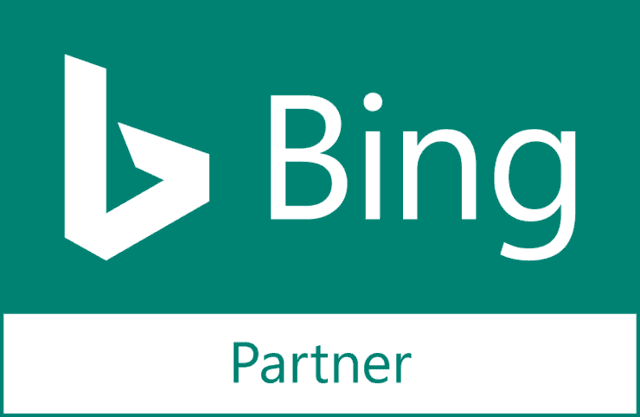We’re Going Back to High School – Where Your Reputation Matters
Yep, Google has yet another update and it certainly won’t be the last. Google AuthorRank is sure to make a huge impact on how we and our clients rank in the SERPs.
AuthorRank and SEO
It’s Google’s job to point out the most relevant search results to its users, and AuthorRank is simply a factor added to the algorithm to help determine the most relevant information to put forth. However, with AuthorRank, the method of “building a ton of links wherever you can” may no longer work to your benefit.
If you’re currently utilizing best practices for SEO, you’re in good shape. For instance, if you already contact high authority blogs with good quality content, keep doing what you’re doing. The difference now is – you need to pay attention to who is linking to you, not just the domain linking to you. For instance, if Sugarrae (Rae Hoffman-Dolan) writes a post on a blog other than her own, it will be seen as more authoritative than a post written by an author who is less known in the affiliate marketing industry. The influence she has will make the article more valuable to a user interested in affiliate marketing. Google can tell if you’re influential on a topic based on your online identity and social interactions like blog posts, tweets, blog comments, etc. Your identity is essentially your Google+ profile.
Just like high school – your reputation matters
AuthorRank is not only determined by your reputation as an online content creator, but also by the AuthorRank of others who share your content through social media. This means you should build a valuable network through social media interaction, another reason why Google+ was created. The saying, “It’s not about what you know. It’s about who you know,” is only half true in this case. It is now about both what you know and who you know.
What’s the impact on guest posting? – The End of Article Directories
AuthorRank has the potential to change the face of guest posting … forever.
The days of getting quick and easy links may be nearing an end. By linking your Google+ account with your content online, Google is able to validate your content and make sure it is on a real blog, not one that has been set up for the sole purpose of getting links.
You will no longer be able to hide behind your “guest post” persona. If you want to rank higher than others, your face will have to be out there (so take a good picture). Your reputation will be on the line as well, so you will have to work hard to boost and maintain it.
When evaluating guest post opportunities, you should look for websites with a high PageRank, as well as a site with content authored by trusted writers. Stay away from sites that are essentially article directories where anyone can post a link.
What about PageRank?
A site may have a low PageRank because it’s newly established, but don’t dismiss it as a guest post opportunity. Just because a site has a low PageRank, that doesn’t mean your content won’t rank if it is valuable, unique, and of course, your AuthorRank is high enough.
Here’s a chart that might help to better explain the relationship between PageRank (PR) and AuthorRank (AR).
High PR | Low PR | |
High AR | Best Option – Google sees the page as valuable and will pass serious link juice. | Google may see this as fresh content and rank it high based on AuthorRank. |
Low AR | Google may see this as a manipulated link profile, resulting from artificially driven Page Rank resulting in a lower rank. | This is not a good place to be. You’ll need to work on building your AuthorRank profile and pushing out better content. |
As you can see, PageRank will not be replaced. Instead, AuthorRank will simply allow PageRank to be a more accurate ranking tool.
Guest posting and link building still hold a secure place in the new AuthorRank setting. You will, however, need to use a more intellectual approach. Since you will claim your content by linking it to your Google+ profile, it may be of more benefit to have several regular contributor spots versus a bunch of random one-off guest posts. When contacting website owners for potential guest post opportunities, they will be much more likely to accept guest posts from individuals with high AuthorRank. As you pitch your ideas, you should include your content idea as well as your reputation as an Author. You can do this, by providing links to your content on high authority, trustworthy, and reputable websites.
What Does All This Have to do with Me?
As a content writer, it is more important than ever to be aware of the content you produce. This includes blog posts, blog comments, tweets, etc. If you don’t already have a Google+ account, get one. Use your Google+ account to boost your personal brand. It is important to actively participate in the social platform by interacting with other Google+ users. You should be sharing relevant posts, interesting photos, and any other information related to the niche(s) where you want to be authoritative.
To sum it up, forget the old black-hat, spammy ways and write legitimate, unique content!
TL;DR?
- Google’s Panda created a filter for site quality. AuthorRank and SEO will create a filter for author quality.
- Just like you were judged in high school, your reputation matters and Google will now pass judgment on your writing.
- AuthorRank and SEO will change the face of link building and guest posts. It will no longer work to your benefit to write low-quality content for an article directory because content produced by a well-known, trustworthy writer will rank higher than an untrustworthy writer.
AuthorRank and SEO are not only determined by your online reputation, but also by the reputation of others who share your content.





